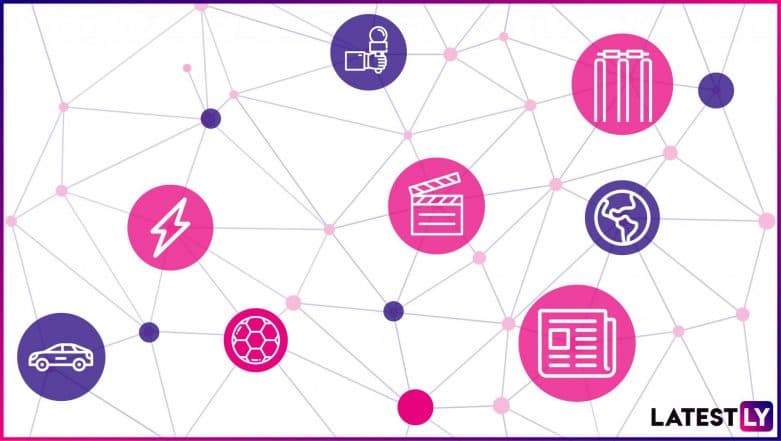Artificial Intelligence Legislation: Big Tech Giants Unite Against State AI Regulations in Controversial Move, ET GCC
Tech giants like Amazon, Google, Microsoft, and Meta are lobbying for a decade-long federal moratorium on state AI regulations, sparking controversy and dividing Republicans. Supporters argue it fosters innovation and competition with China, while critics, including some Republicans, warn of a Big Tech power grab and potential dangers from unchecked AI development, fearing a lack of accountability for harmful algorithms.

The world’s largest technology companies, Amazon, Google, Microsoft and Meta are lobbying for a decade-long federal moratorium blocking individual states from regulating artificial intelligence, a controversial move that has divided both the AI industry and the Republican Party.
Lobbyists representing these four companies are urging the Senate to enact the 10-year ban on state-level AI legislation, according to sources familiar with the effort. The provision was already included in the House version of President Donald Trump's budget bill that passed last month, with the Senate expected to unveil its version this week ahead of a July 4 deadline.
Chip Pickering, a former congressman and CEO of trade association INCOMPAS, has advocated for the proposal on behalf of members including Microsoft, Amazon, Meta and Google. "This is the right policy at the right time for American leadership," Pickering told the Financial Times. "But it's equally important in the race against China."
The lobbying campaign has created unusual political divisions, with some prominent Republicans opposing the measure. "We have no idea what AI will be capable of in the next 10 years and giving it free rein and tying states hands is potentially dangerous," Rep. Marjorie Taylor Greene (R-GA) posted on X. "This needs to be stripped out in the Senate."
Critics argue the moratorium represents an attempt by Big Tech to maintain dominance in developing artificial general intelligence. "[It's] a power grab by tech bro-ligarchs attempting to concentrate yet more wealth and power," said Max Tegmark, an MIT professor and president of the Future of Life Institute.
A coalition of 140 organizations previously sent a letter to House leadership opposing the ban, warning it "would mean that even if a company deliberately designs an algorithm that causes foreseeable harm," companies would remain "unaccountable to lawmakers and the public."
Supporters contend the provision would prevent a patchwork of conflicting state regulations that could hinder innovation and allow China to gain ground in AI development, the Financial Times reported.
- Published On Jun 19, 2025 at 11:32 AM IST











